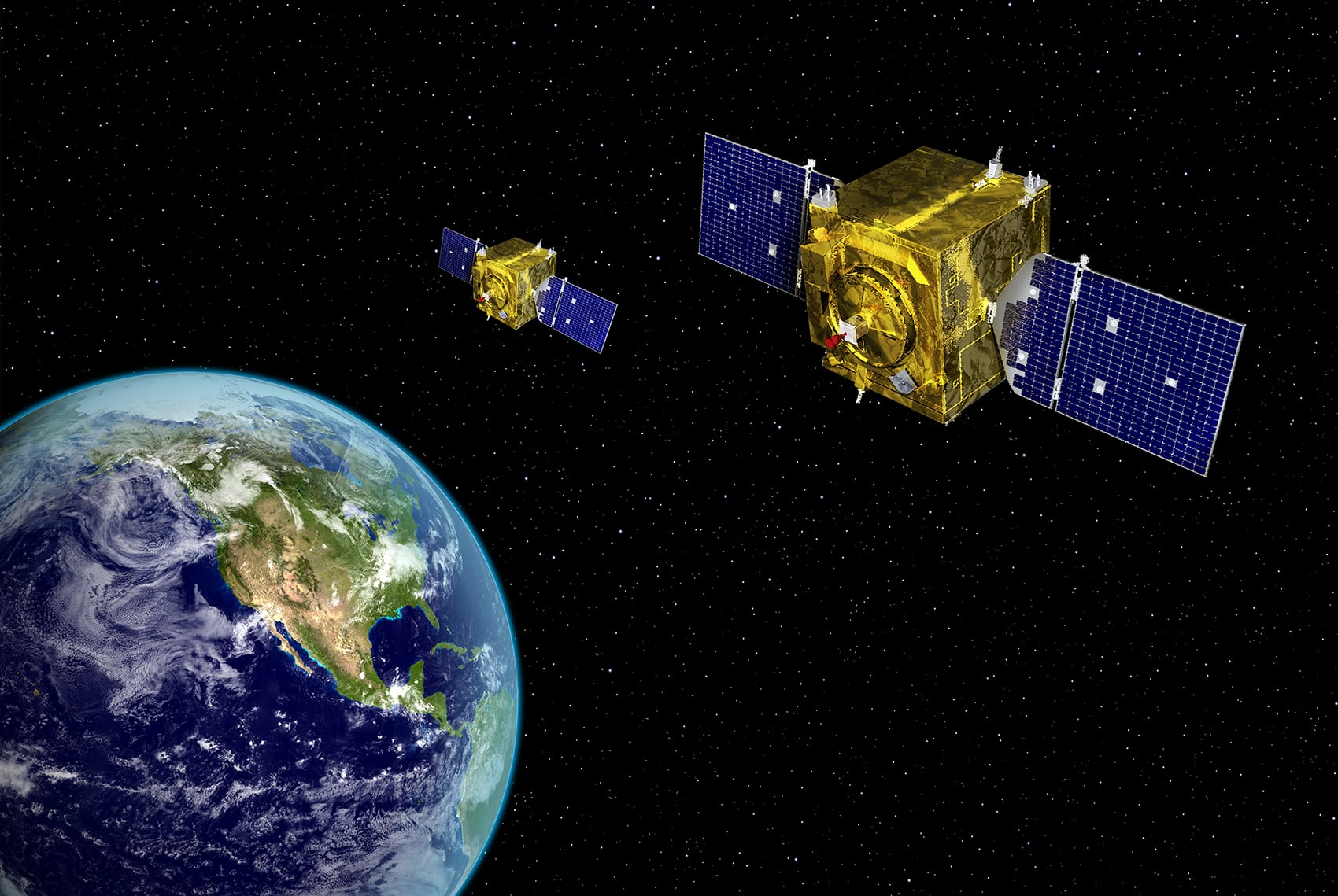WASHINGTON — The U.S. Defense Department has named Justin Johnson as the individual performing the duties of the assistant secretary of defense for space policy, a new position in a new office required under the National Defense Authorization Act passed by Congress in December 2019.
A former Heritage Foundation defense analyst, Johnson served as the deputy assistant defense secretary for space policy since the departure of Stephen Kitay in August. Johnson first arrived at the Pentagon as part of the president’s transition team in 2016, and has since served in a number of positions, including as senior staff member under Defense Secretary Mark Esper.
The assistant secretary of defense for space policy, or ASD(SP), will be the senior official in charge of the Pentagon’s space war-fighting policy, serving beneath the undersecretary of defense for policy. As part of that role, the ASD(SP) will also be responsible for coordinating space policy and strategy between agencies and international partners.
RELATED

The ASD(SP) is one of two new civilian positions required under the legislation that created the U.S. Space Force. In addition to the recently established position, Congress called for an assistant secretary of the Air Force for space acquisition and integration, effectively a second acquisitions executive within the Department of the Air Force overseeing the various organizations that purchase space systems starting in 2022. The Space and Missile Systems Center, the Space Rapid Capabilities Office, and the Space Development Agency would fall under that executive’s purview.
The deputy assistant secretary of the Air Force for space acquisition and integration, Shawn Barnes, is performing the duties of the assistant secretary for space acquisition and integration until an individual is confirmed by the Senate.
The establishment of the ASD(SP) position brings additional civilian oversight to the nation’s military space enterprise as it undergoes a massive transformation, according to Deputy Defense Secretary David Norquist.
“The Department of Defense continues the most significant transformation in the history of the U.S. national security space program,” Norquist said in a statement.. “The establishment of the Assistant Secretary of Defense for Space Policy is a change of the civilian oversight of the space enterprise that aligns with the establishment of the U.S. Space Force and U.S. Space Command.”
Nathan Strout covers space, unmanned and intelligence systems for C4ISRNET.







